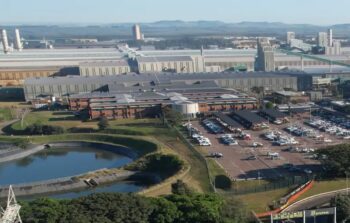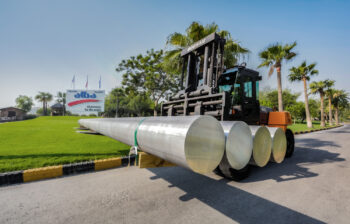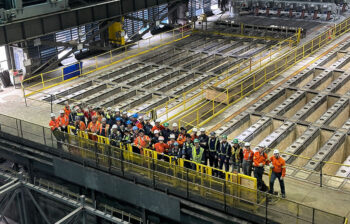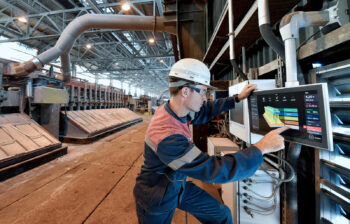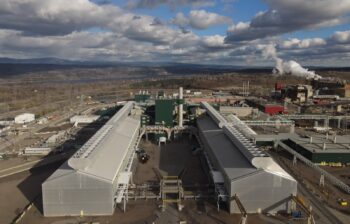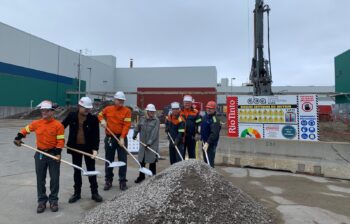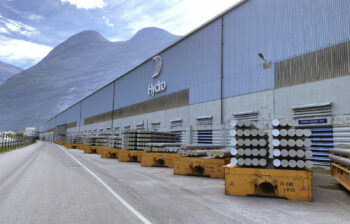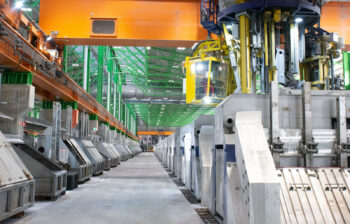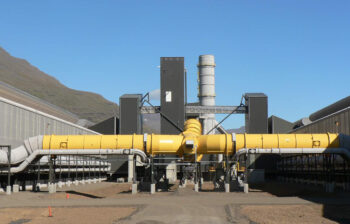
Rio Tinto, Trimet, and Aluminium Dunkerque are partnering with Fives Group on a consortium project to develop carbon capture solutions for the aluminum industry. Primary aluminum production accounts for 2% of global greenhouse gas emissions, which corresponds to an average of 16.1 t CO2/t Al being emitted globally (in France, the average is less than 5 […]

